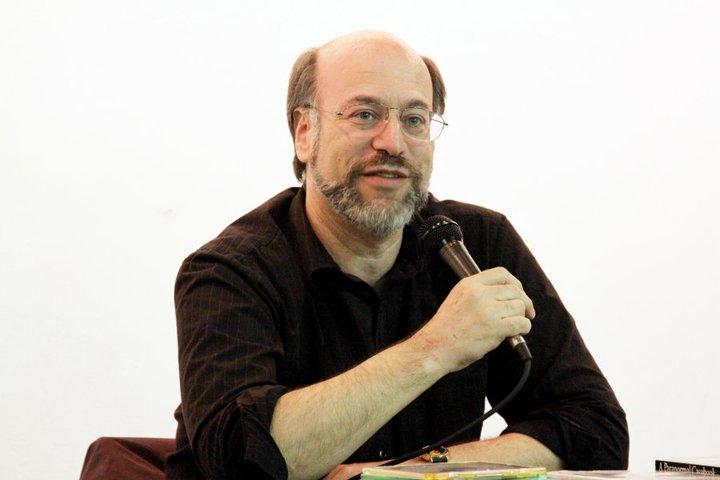The occult has its place in American courtrooms—and police stations, and even business strategies.
Lawyers sometimes use psychics to select favorable juries, for example. Or they may consider including paranormal phenomena in their clients’ defense. Proprietors of historic sites, restaurants, and other allegedly haunted places consider how their ghosts should figure in their business plans.
Consultant Loyd Auerbach helps in all these situations.
He holds a Master’s degree in parapsychology, he is the director of the Office of Paranormal Investigations (OPI), a professor at Atlantic University in Virginia and at JFK University in California, and he is the creator of the Certificate Program in Parapsychology Studies at the HCH Institute. His OPI work involves not only investigating paranormal phenomena, but also acting as a consultant on all things paranormal.
His background in the legal world has especially helped him to advise lawyers. He used to work for LexisNexis Group, a company that provides online legal and business research, as well as risk management services. Auerbach said that lawyers often consult him to see whether they should include an argument related to the paranormal in their cases.
Killing a ‘Witch’
For example, a husband and wife in San Francisco, Calif., killed their roommate, believing her to be a witch. The wife thought this roommate, a self-professed Wiccan, was stealing her beauty and energy. The Caucasian couple had been raised Christian. They had recently become fundamentalist Muslims, and they said they were following the Koran in not suffering the witch to live.
The law does allow for people who believe they are being attacked physically to retaliate, within reason. Their lawyer decided to use this, and asked Auerbach to testify that a psychic attack could lead to such a belief.
The prosecutor asked Auerbach whether—within the belief that a witch can do physical harm—the couple could have taken a different course of action to defend themselves. Was it necessary, within their belief, to kill the “witch”? Auerbach said it could be argued that there were other means of dealing with the situation, even from an occult perspective.





